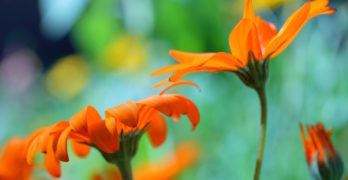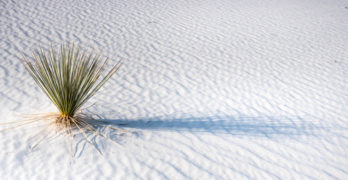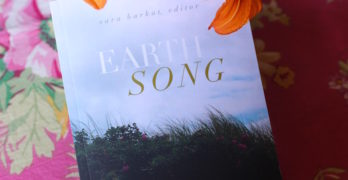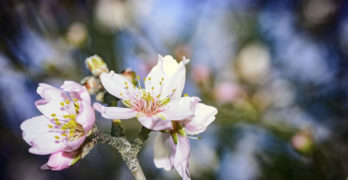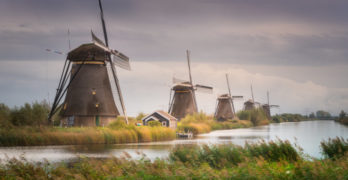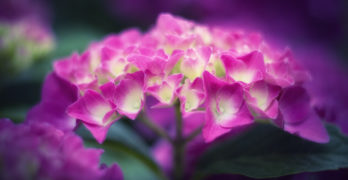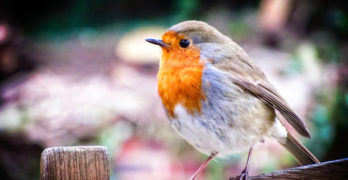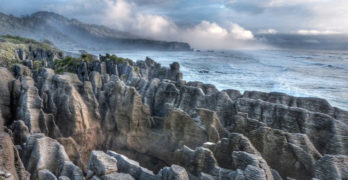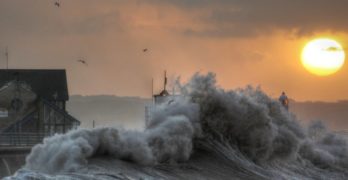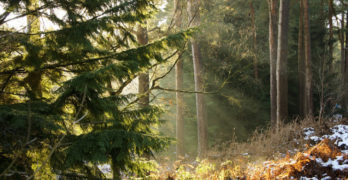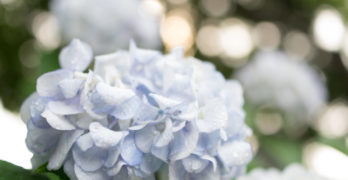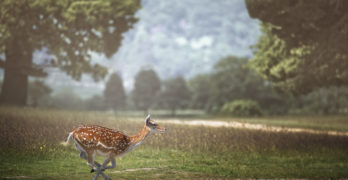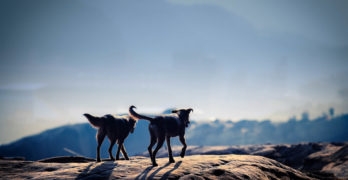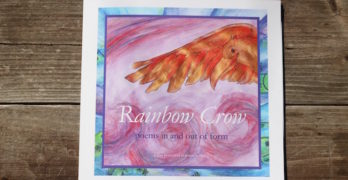Join us for bees poetry and some beekeeping chat. But, before that, pen your own poem where you tell the bees—or ask them—something.
Poets and Poems: Yahia Lababidi and “Desert Songs”
In “Desert Songs,” poet Yahia Lababidi takes us on a pilgrimage to discover what we don’t know and to lose ourselves.
Poetry Prompt: Earth Song Nature Poems—Celebrate!
Celebrate the Earth Song nature poems anthology by penning your own song to or from the earth. Whether mountains, floral majesties, or monarchs, the lyrics are yours to compose.
Poets and Poems: Sara Eddy — “Tell the Bees” and “Full Mouth”
Poet Sara Eddy has published two chapbooks — “Tell the Bees” and “Full Mouth” — about bees, food, and life.
Poetry Prompt: The Five Whys
Join author Callie Feyen as she asks the 5 Whys to get to the root cause of a problem and, in the process, writes Because Poems.
“Making Darkness Light: The Lives and Times of John Milton” by Joe Moshenska
In “Making Darkness Light,” Joe Moshenska considers the life and poetry of John Milton to make sense of his own life.
Poetry Prompt: Simple Poems for Frustrated Writers
What simple poems can you write from the stuff of your days? Callie Feyen she considers the role of simplicity for frustrated writers.
Poets and Poems: Paul Mariani and “All That Will Be New”
In “All That Will Be New,” poet Paul Mariani speaks to the end of things, and he speaks of where he finds hope.
Poetry Prompt: Observation Poems
Observation poems lead to action. Join author Callie Feyen as she reads, writes, and acts on Dave Malone’s poem “Tornado Drill.”
Poets and Poems: Carlie Hoffman and “This Alaska”
“This Alaska,” by poet Carlie Hoffman, is composed of poems that show a life considered, measured, and not found wanting.
Poets and Poems: Robert Selby and “The Coming-Down Time”
“The Coming-Down Time” by poet Robert Selby tells stories in danger of being forgotten, stories of family, friends, and the past.
Taras Shevchenko: The Poet of Ukraine
The poet Taras Shevchenko is considered the national poet of Ukraine; his poetry celebrated Ukraine’s history and hopes for the future.
Poets and Poems: Martyn Hesford and “Lilac White”
“Lilac White,” a new collection of poems by Martin Hesford, evokes the idea of Impressionist paintings and the poet’s cinematic background.
Poets and Poems: Jesse LoVasco and “Native”
In “Native: Poems,” Jesse LoVasco tells a story of Native Americans then and now, and the story resonates with all of us.
Poets and Poems: Andrea Potos and “Marrow of Summer”
With careful precision, poet Andrea Potos writes of places and relationships in her new collection, “Marrow of Summer.”
Poets and Poems: Dave Malone and “Tornado Drill”
“Tornado Drill” by poet Dave Malone is poetry grounded in the Missouri Ozarks but recognizable, no matter where you live.
Poetry Prompt: Baseball Poems
Join author Callie Feyen as she pays tribute to her father-in-law, and baseball. Then prompts you to write baseball poems!
Crow Stories: “Rainbow Crow” by Megan Willome and Hasani Browne
“Rainbow Crow” by Megan Willome and illustrated by Hasani Browne tells crow stories in poetry for young readers.
Poetry Prompt: Haiku for Dreaming, Wishing, and Becoming
If you can dream it, you can haiku it. Join author Callie Feyen as she shares how a new job is impacting her writing life.
Poets and Poems: Paulette Guerin and “Wading through Lethe”
In “Wading through Lethe,” poet Paulette Guerin uses memory to recognize the important and consequential in a life.
